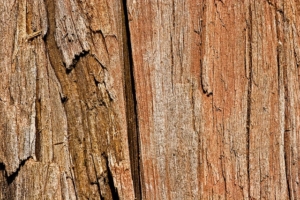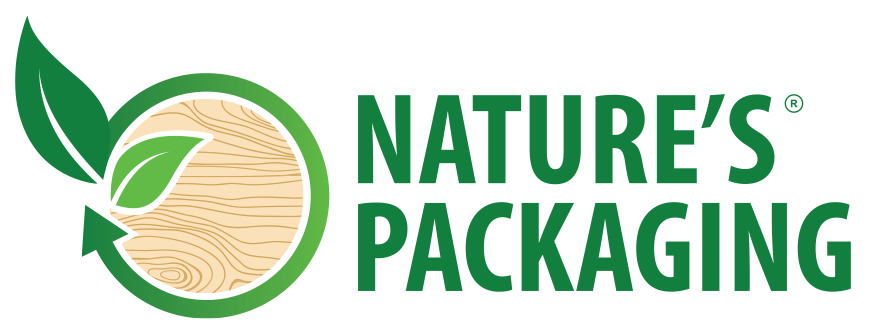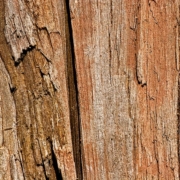How Wood Fiber Could Resolve the Global Plastic Problem
How Wood Fiber Could Resolve the Global Plastic Problem
If you weren’t aware that our planet has a problem with plastic, consider the fact that every piece of plastic ever made could take hundreds of years to decompose. According to CBS News, if you were to put all that plastic end-to-end, it could go to the moon and back 30 times. Plastics are also derived from fossil fuels, a non-renewable resource, which increases mankind’s carbon footprint. For these reasons, a more environmentally-friendly replacement for plastic must be found and one solution lies in our forests.
 Is there already a replacement for plastic?
Is there already a replacement for plastic?
Yes, at least to a certain extent. Plastic coffee cups, for instance, have been replaced in many locations by wood-based products without losing any of the container’s effectiveness. While it’s true that the lids of those containers are still plastic, researchers are enthusiastically experimenting with ways that these too can be replaced by something which is a wood-based product.
Injection molding with wood?
This may sound strange, but plastic materials which have been used to make toys, toothbrushes, dish scrubbers, and toilet bowl cleaners might soon all be made with a wood-based product rather than with plastic. Already a process has been devised and tested which combines wood fibers with polymers, and is then reduced to tiny particles, to create a material which has the look and feel of wood, but which also has the flexibility and high performance of plastic. In addition to the smaller household items mentioned above, decking and furniture can also be produced with this composite, and even though it is still half-plastic, it represents a significant reduction of the amount of plastic used to create the products.
When will wood-based products become commonplace?
For the time being, some of the exciting processes described above may be only a little more advanced than the proof-of-concept stage, but there is little doubt that more and more wood-based products will begin to replace plastic and other fossil-fuel-based materials.
To produce wood-based materials on a larger scale some hurdles must be overcome, namely that production costs are comparable to that of plastics, so that the wood-based products will compete in the market. Every part of a tree is recyclable, even the residue left behind on machinery.
Nature’s Packaging is committed to the increased use of wood products, especially wood packaging, from sustainably managed forests.

